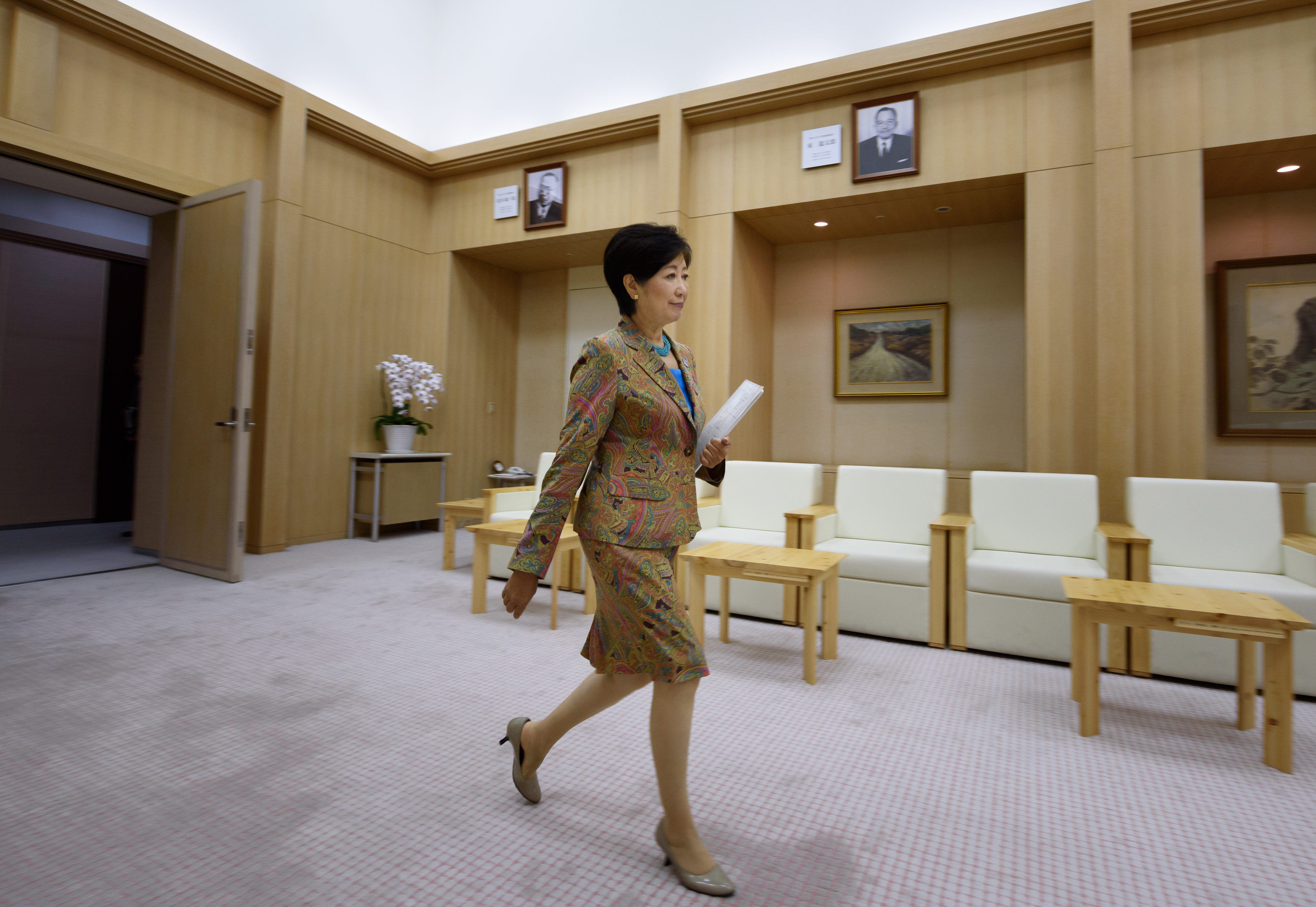The media has been abuzz about the emergence of three prominent Japanese female politicians: Tokyo Gov. Yuriko Koike, Defense Minister Tomomi Inada and Renho, the head of the Democratic Party. However, the significance of this development is limited. Overall, politics in Japan remains a man's world — less than 15 percent of Diet members are women.
Prime Minister Shinzo Abe has long been grandstanding on "womenomics," but he has not delivered. His scolding of the Self-Defense Forces for having a sexist culture is a recent example of his empty posturing. He attracts headlines, but what are his plans for doing something concrete to reform institutionalized sexism that makes the workplace inhospitable to women? Only 3 of his 20 Cabinet members are women, a ratio that is on a par with women's overall representation in the Diet. He is perpetuating women's marginalization in the political world rather than setting an inspiring example.
Abe's defenders like to point out that there has been a surge in women's employment during his tenure, but gloss over the fact that most of this increase has been in nonregular jobs with lower salaries, fewer benefits and little job security. Don't get me wrong, there is much to be said for using the bully pulpit as a way to goad others to do more to remove obstacles to women's empowerment. Surely it would be helpful if Abe weighed in against sexism wherever it raises its ugly head, but he refrains from taking on powerful transgressors in the political and business world. Recall the female Tokyo assembly member who was subject to sexist heckling by Liberal Democratic Party assemblymen back in 2014.


















With your current subscription plan you can comment on stories. However, before writing your first comment, please create a display name in the Profile section of your subscriber account page.